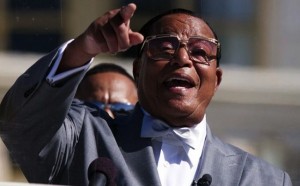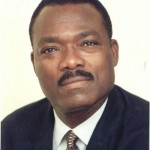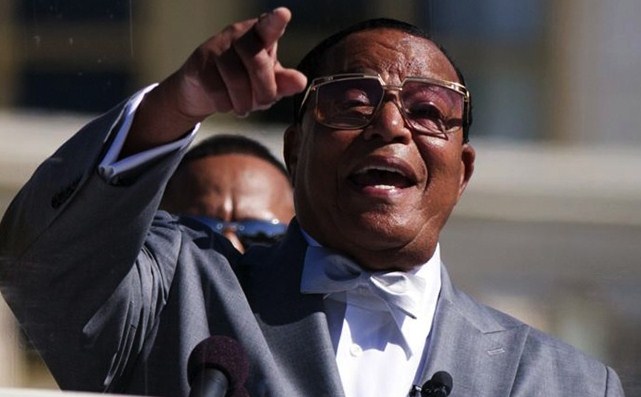How brother Charles Blow got it wrong about Minister Louis Farrakhan

BY SOUMANOU SALIFOU
In an oped posted online on October 11 about the 20th anniversary of the Million Man March, Charles M. Blow, a columnist for The New York Times and a commentator on CNN, writes in reference to the charismatic but controversial leader of the Nation of Islam, Minister Louis Farrakhan—who is notorious for occasionally making inflammatory comments:
“The question is, as it was in 1995: Can you separate the march from the messenger, the lightning rod 82-year-old Farrakhan? The answer: Not exactly.”
Clearly, there is no justification for the offensive anti-Semitic comments the brother Minister has made over the years. It was wrong for him to state in Florida while selling the 20th anniversary of the march:
“If the federal government will not intercede in our affairs, then we must rise up and kill those who kill us, stalk them and let them feel the pain of death that we are feeling.”
Violence rarely, if ever, solves social problems.
But to suggest, even remotely, that the brother Minister’s radicalism overshadows the noble cause and, indeed, the victories he has scored for black people for more than three decades is unfair, to say the least. Not unlike many great men and women, living and dead, the brother Minister is not perfect.
A stone’s throw away from where the 82-year-old preacher delivered a powerful speech without a text for 2 hours and 22 minutes, reading only occasionally from his notes, lies a monument dedicated to Abraham Lincoln who is hailed—rightly so—as one of the greatest men in world’s history. But, what did Abraham Lincoln, the great Emancipator, say during the fourth debate with Stephen Douglass, his opponent for one of the Illinois seats in the U.S. Senate, on September 18, 1858 in Charleston, Illinois? That
“there is a physical difference between the white and black races which I believe will forever forbid the two races living together on terms of social and political equality. And inasmuch as they cannot so live, while they do remain together there must be the position of superior and inferior, and I as much as any other man am in favor of having the superior position assigned to the white race.”
In his oped, brother Charles M. Blow also cautions members of the “Black Lives Matter” movement against ‘allying’ themselves with brother Minister Farrakhan’s movement, writing:
“But this is an alliance of which that movement should be wary, specifically at a time that many conservatives are trying to paint it as a hate group.”
This typifies the mentality of those the brother Minister calls in a fiery interview “the weak, cowardly men and women who will not secure a future for our children and our people,” those to whom he said: “If you can’t talk justice or else, leave me alone. If you don’t want to be strong, then stay home.” Michael Brown’s father and family members of other victims of police brutality did not stay home because they feel the pain of losing loved ones to police brutality more than us who have so far been spared that misfortune.
I attended the first Million Man March on Oct. 16, 1995, at age 47 and saw mostly men of my generation. I was elated, going back to the Mall this year to attend the 20th anniversary march, to see more young faces, and was struck by brother Farrakhan wondering:
“What good are we if we don’t prepare young people to carry that torch of liberation to the next step? What good are we if we think we can last forever and not prepare others to walk in our footsteps?”
________________________
Soumanou Salifou is the founder/publisher of The African

Founder/Publisher/CEO


